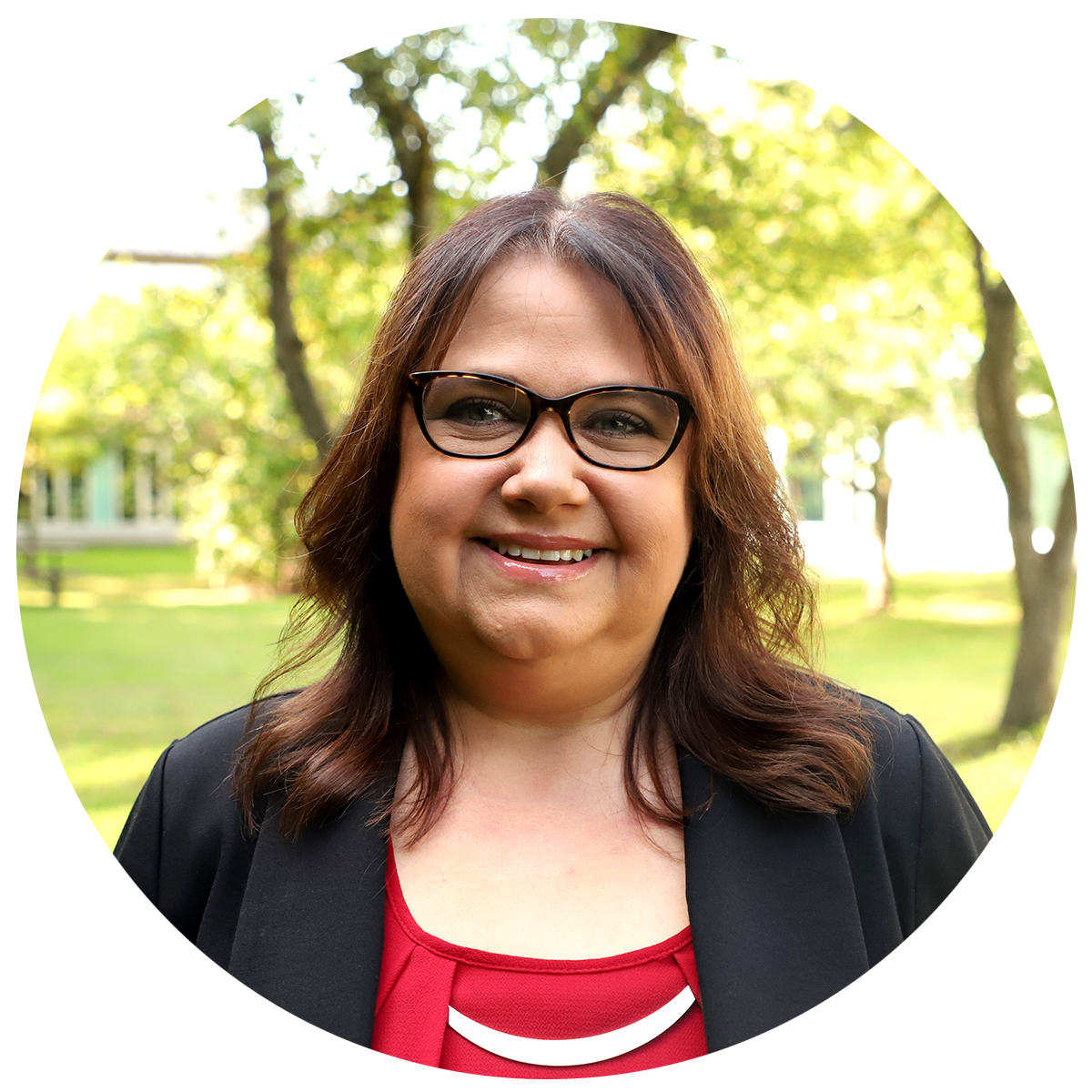Why Trent?
- Open to students who self-identify as having Indigenous ancestry
- Leads to licensing by the Ontario College of Teachers
- Prepares teacher candidates to teach effectively in urban, rural, First Nations communities & globally
- Selected courses online
Vision Statement
Trent University respectfully acknowledges it is located on the treaty and traditional territory of the Mississauga Anishinaabeg. We offer our gratitude to First Peoples for their care for, and teachings about, our earth and our relations. May we honour those teachings.
We foster an environment where Indigenous/First Nation, Métis, and Inuit (FNMI) knowledges and cultures are respected and recognized as a valid means by which to understand the world. We aim to increase our understanding of ourselves, each other, and the world around us while seeking peace through the use of our minds, hearts, and spirits.
The physical, emotional, mental and spiritual aspects of Indigenous/FNMI peoples are considered in all courses and programming, as are communities’ experiences and issues in rural and urban settings, and in national and international contexts. Respecting the diversity and uniqueness of individuals stands at the forefront of our goal to empower the person through developing strength of one’s sense-of-self and self-identity, thereby becoming confident contributors both in educational settings and all of society.
Course work offered in the Program incorporates theory and research that informs practice. Our teaching and learning environment encourages Indigenous Teacher Candidates to think creatively and critically about their own professional practice with attention to meeting learners’ needs, valuing multiple modes of learning and diversity, and enacting practice that is committed to social and ecological justice.
Contacts
Admissions Inquiries |
Caitlin Meehan-ThangAdmissions Officer Education BH 101 / ext. 7738 |
 |
Nicole BellAssociate Professor |

